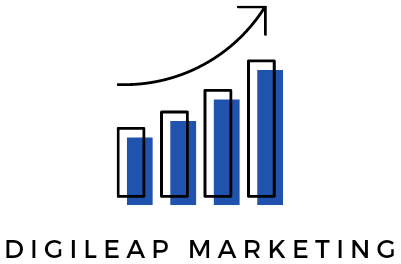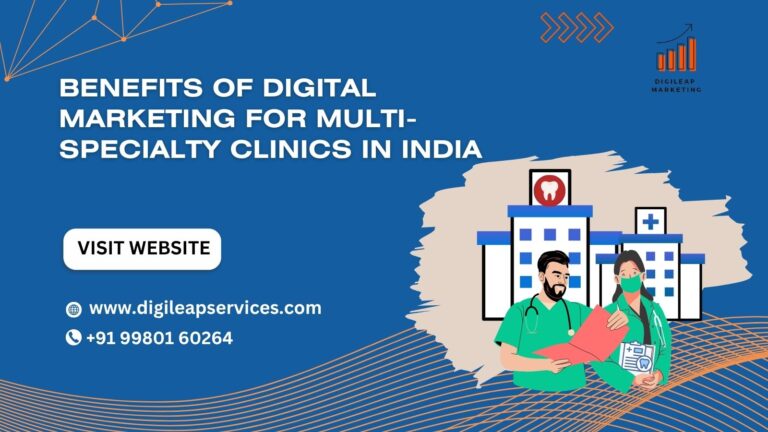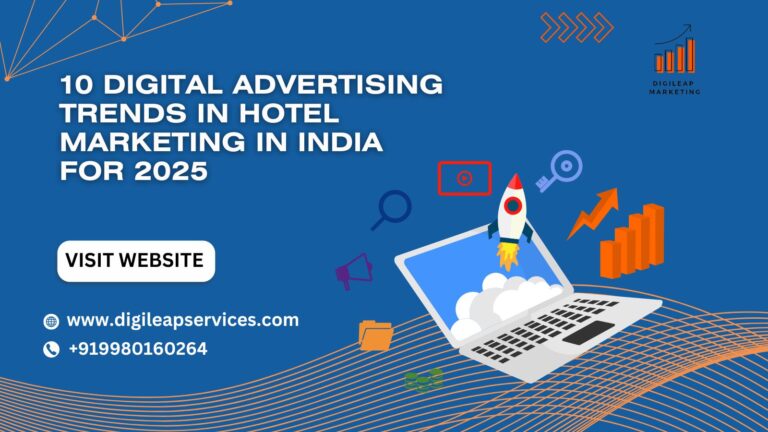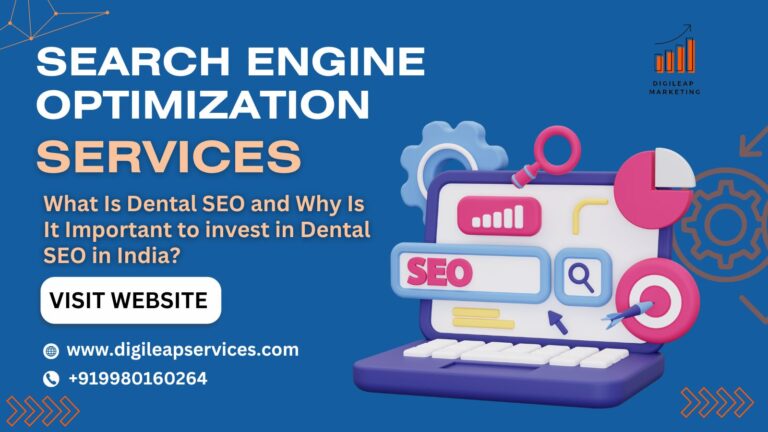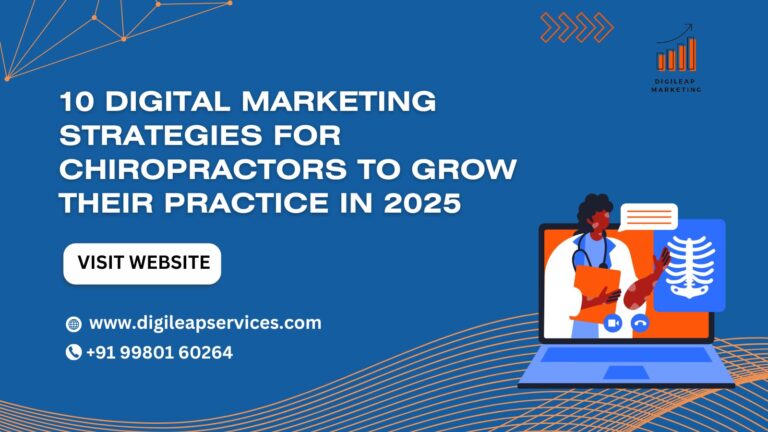Top 6 Digital Marketing Trends for the Hospitality Industry in 2025
Digital marketing for hospitality has changed.
In 2025, flashy brochures and cookie-cutter booking sites just don’t cut it anymore. Booking a hotel these days? It’s not just click-and-go. Most of us scroll reels, check reviews, maybe even ask Alexa to help us pick—before we hit that “Book Now” button.
The truth is, the hospitality world is moving fast. If you’re in real estate or hotel development in the UK, keeping up with digital marketing trends isn’t optional—it’s survival.
And here’s a stat worth knowing: According to Statista, the UK hotel market is on track to hit £25 billion in 2025. That’s a whole lot of bookings—and they’re happening online, not in travel agencies.
The real question? How do you grab a slice of that, without getting buried under “10% off” ads?
Let’s break down the top 10 digital marketing trends that are actually working in 2025, not last year’s leftovers.
1. Hyper-Personalization Is No Longer Optional
Guess What? Guests Don’t Want Generic
Let’s say someone visits your website from Birmingham on a cold Wednesday night. Why would you show them the same offer you’d show someone from Marbella planning a summer getaway?
Now, with behavior-based triggers, you can serve up personalized offers, room types, even landing page layouts—based on who’s browsing and what they care about.
AI Chatbots That Don’t Sound Like Robots
Back in the day, chatbots felt…awkward. But now? With better NLP tools, they actually feel like talking to a helpful concierge—one that doesn’t sleep. They’re handling bookings, upsells, complaints—you name it.
“Since launching our AI concierge, we saw a 29% drop in missed booking opportunities,” shared a boutique hotelier in London.
Rewards That Feel Like Real Rewards
No one wants a boring “collect 10 nights, get 1 free” scheme. Today’s loyalty programs are smarter—offering spa credits to wellness lovers, dining discounts to foodies, or even upgrades based on travel patterns.The biggest hospitality digital marketing trend in India for 2025 is hyper-personalized guest experiences powered by AI.
2. Video Is the New Homepage
Short Reels, Big Impact
If you’re still uploading long, slow-moving videos of your lobby stop. In 2025, short-form clips win. Show your rooftop bar on a rainy night, a staff dance in the kitchen, or a timelapse of your morning buffet.
And people are watching. Statista reports that 43% of UK adults watch short videos every single day. If your brand’s not there, you’re invisible.
Live Tours That Close Deals
For real estate developers marketing new hotels or properties, live virtual walkthroughs have become a game-changer. Event planners and investors want to see the layout, the flow—in real-time, not just CGI.
Shoppable Videos (Yep, That’s a Thing)
Some brands are now adding “Book Now” or “Reserve a Table” buttons inside their videos. Imagine showing your infinity pool in Mykonos and letting people book that exact room mid-video. Slick, right?
3. Voice Search: Talk Is the New Type
People Are Talking to Their Phones—Literally
“Hey Siri, find hotels in Edinburgh with spa deals this weekend.”
That’s how people are searching now. And if your site isn’t optimized for voice-friendly keywords (longer, more natural phrases), you’re missing a big chunk of traffic.
Snippets That Get You Noticed
Trying to show up in voice search?
Then talk like a human, not a textbook. Keep answers short. Easy to say. Think stuff like: “What time’s check-in?” or “Are pets allowed?” FAQs work great, so do quick tips or blog posts that don’t sound like you’re writing an essay.
In-Room Voice Assistants Are Here
Many upscale hotels now use Alexa or Google Home in rooms to let guests order towels, play music, or dim the lights. And yes, it’s another chance to upsell—with a friendly voice.
4. Data Gets Personal—In a Good Way
Real-Time Demand Forecasting
No more guessing when to run ads or drop prices. AI now predicts surges in demand based on flights, weather, or even social chatter. One resort in Devon used it to boost weekend bookings by 40%.Sustainability-focused storytelling is not just a buzzword—it’s an emerging hospitality digital marketing trend that builds trust with eco-conscious travelers.
Targeting by Mood, Not Just Demographics
Sounds weird, but it’s real. Some tools analyze a visitor’s browsing style and tailor offers accordingly. Fast scroller? Show them flashy deals. Slow reader? Give them a story.
Planning for Profit Before You Build
If you’re in hospitality real estate, AI tools can now project revenue for yet-to-launch properties. They simulate booking behavior based on nearby attractions, hotel density, and online demand.
5. Sustainability Isn’t Just PR—It’s a Conversion Tool
Green Badges Get More Clicks
Sites like Booking.com now highlight eco-certified properties, and guess what? People click them more often. If you’ve gone plastic-free or switched to solar—don’t bury it in your About page.AR-based virtual tours are the most innovative hospitality digital marketing trend, especially for luxury resorts and high-end properties.
Offset at Checkout
Letting guests offset their stay’s carbon impact is simple but powerful. One Scottish lodge saw checkout rates jump 12% after adding that option—go figure.
Talk About Your Local Love
From organic breakfasts to locally made bathrobes, showing your connection to the community builds emotional trust—and earns you bonus points with eco-conscious travelers.
Now, here’s the thing—Digileap has helped hospitality brands across the UK navigate this exact landscape. Their campaigns blend high-tech with high-touch—because it’s not just about data, it’s about connection. Especially in an industry built on human experience.
6. Augmented Reality & Geotargeting Are In
Location-Based Push Offers
Imagine a traveler lands at Heathrow and gets a notification: “Stay 2 nights in Central London, get 1 dinner free.” That’s geofencing magic—and it works.
Real-Time Maps for Big Resorts
Some large resorts are now offering AR apps that guide guests to the pool, spa, or cocktail hour. It’s part utility, part branding—and very memorable.
Hyperlocal Ads That Feel Personal
Promoting a package during a local wine festival? Or offering rainy-day spa discounts when the weather turns? It’s not rocket science. It’s smart timing.
TL;DR — The Trends That Matter in 2025
Not every trend is worth chasing. But if you’re in hospitality or property development, these ones? They matter.
Hyper-personalization makes guests feel special, not sold to
Video content keeps you top of mind
Voice search is exploding—so write like people talk
AI + data = smarter planning, more bookings
Sustainability marketing converts conscious consumers
Geotargeting & AR boost local engagement
Bottom line: travelers are savvier. Developers are too. To stand out, your marketing needs to feel less like a sales pitch and more like a story people want to be part of.
If you’re ready to rethink your strategy, give Digileap a look. They’ve been ahead of the curve since before reels were even a thing.
